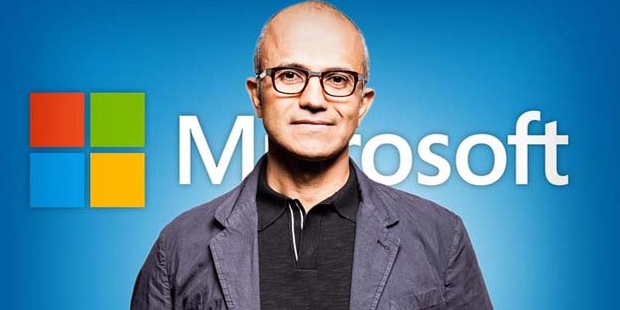In the 1800s, aluminum was more valuable than silver and gold because it was rarer. So when Napoleon III entertained the King of Siam, the king and his guests were honored by being given aluminum utensils, while the rest of the dinner party ate with gold.
But aluminum is not really rare.
In fact, aluminum is the third most abundant element in the Earth’s crust, making up 8.3% of the weight of our planet. But it wasn’t until chemists Charles Martin Hall and Paul Héroult discovered how to use electrolysis to cheaply separate aluminum from surrounding materials that the element became suddenly abundant.
The problems keeping us from achieving a world where everyone’s basic needs are met may seem like resource problems — when in reality, many are accessibility problems.
Think about all the things that computers and the internet made abundant that were previously far less accessible because of cost or availability …
Less than two decades ago, when someone reached a certain level of economic stability, they could spend somewhere around $10K on stereos, cameras, entertainment systems, etc — today, we have all that equipment in the palm of our hand.
When put to the right use, emerging technologies like artificial intelligence,robotics, digital manufacturing, nano-materials and digital biology make it possible for us to drastically raise the standard of living for every person on the planet.

